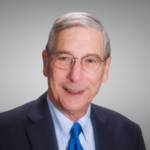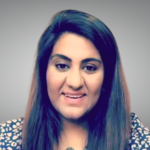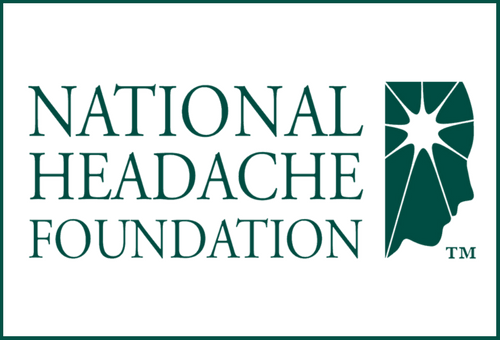Brain Retraining for Chronic Pain
You are currently watching a preview of this interview. Unlock the full version by upgrading to an Access Pass bundle! Get FREE access to 8 expert interviews from Day 1 and Day 2 when you register today!
Key Questions
- What is brain retraining?
- What are the biomedical and biopsychosocial models of pain?
- What is nociception?
- What are structural pain and neuroplastic pain, and how do we identify each?
- What role do our thoughts, feelings, and emotions (such as fear and danger) play in our own pain perception?
- What is the “Boulder back pain study,” and what were its findings?
- What is pain reprocessing therapy?
- What is somatic tracking?
- Can brain retraining have a positive impact on migraine symptoms like nausea, brain fog, vertigo, and sensitivity to light, sound, and smells?
- Can brain retraining help when an individual has experienced chronic pain for several years?
Interview Notes
- Boulder study on chronic back pain and pain reprocessing therapy
- B. Ranes Healthcare Consulting
- The Way Out by Alan Gordon and Alon Ziv
- Unlearn Your Pain by Dr. Howard Schubiner
- Tell Me About Your Pain podcast
- Like Mind Like Body podcast
- Curable app
- YouTube documentary: “This Might Hurt”
- YouTube documentary: “All the Rage”
- LinkedIn: Bethany Ranes
Treatments Mentioned
- Healing Track (the forthcoming app)
- Pain reprocessing therapy (PRT)
- Somatic tracking
Please note: The Migraine World Summit’s aim is to bring you a variety of perspectives and expertise, independent of bias or judgment. Alternative theories presented in this video have not been medically reviewed. Views expressed in this interview do not necessarily represent the views of the Migraine World Summit. Please always consult your health care professional and do your own research before making changes to your treatment plan.
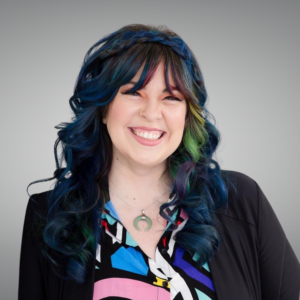
Bethany Ranes, PhD
Chief Scientific Officer
Healing Track (forthcoming)
Dr. Bethany Ranes specializes in bridging neuroscience and psychology by approaching mental health from the perspective of cognitive neuroscience. Her work focuses on translational science — taking new ideas discovered in laboratories and helping turn them into effective therapies that directly benefit patients. Her current passions involve working on brain-based therapies for chronic health conditions, with a particular focus on chronic pain.
In collaboration with fellow health professionals, Dr. Ranes works to help develop neuroscience-informed interventions for behavior change and nonpharmacological treatment options for conditions like depression, anxiety, diabetes, cardiovascular issues, and autoimmune disorders. She has previously worked as a lead research scientist for the UnitedHealth Group, the Hazelden Betty Ford Foundation, and the U.S. Army.
She currently serves as chief scientific officer for Healing Track — a digital version of pain reprocessing therapy — and she works as a consulting scientist for organizations and companies that wish to blend emerging science about the brain with accessible healthcare solutions in order to help bring a balanced mind-body approach to modern healthcare.
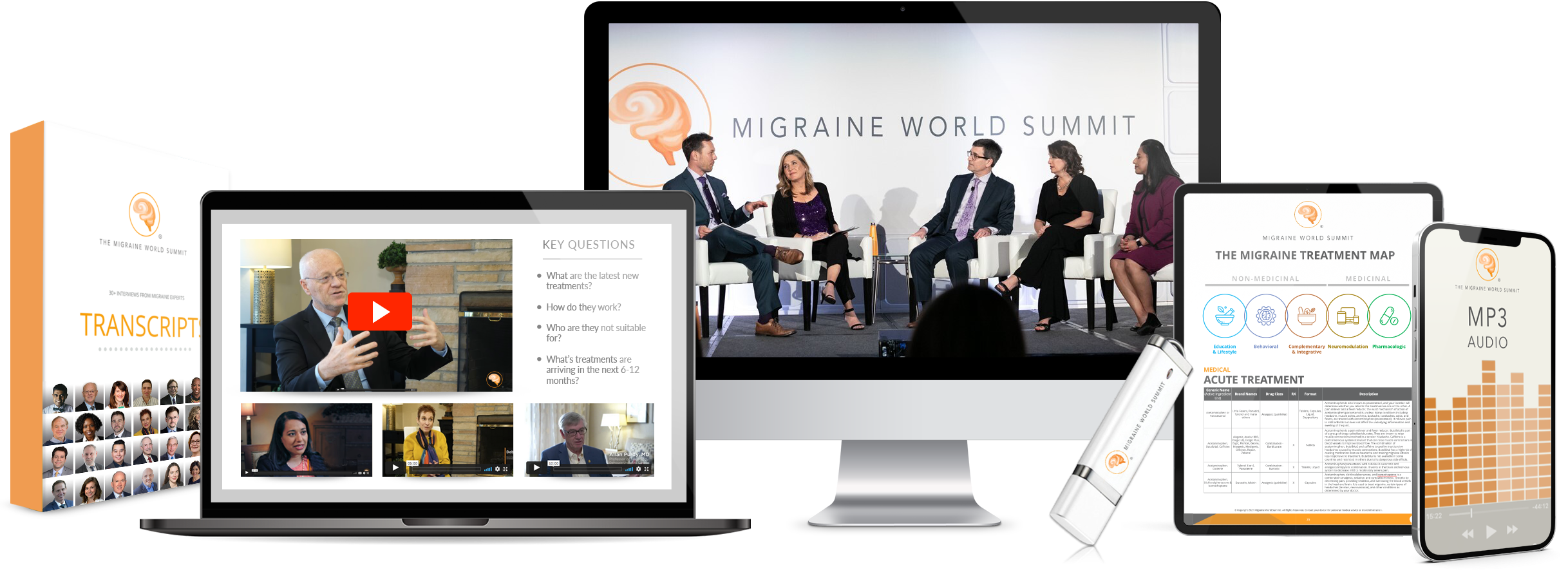
Get all the 2025 interviews, videos, audio, transcripts, and more. Why upgrade?
- Can’t attend live? Watch anytime
- Prefer reading or listening? Get transcripts and audio
- Want to dive deeper? Explore the additional footage & resources
- Need ongoing support? Reference expert advice year-round
- Lifetime access to 2025, no annual fee
Related Talks for: Day 1 (2023)
Innovations in Migraine Treatment & Therapies
Stewart J. Tepper, MD
Beyond the Pain: Other Migraine Symptoms
Nazia Karsan, MRCP, PhD
The Gut-Brain Connection in Migraine
Jay Pasricha, MD, MBBS
Over the past 50 years, our mission at the National Headache Foundation has been to further awareness of headache and migraine as legitimate neurobiological diseases. Much has changed during this time. With aid from advanced technology and clinical innovation, there are more treatment options than ever before. However, we understand that these diseases are still largely misunderstood and that finding the right treatment options for you requires insight.
Lilly unites caring with discovery to create medicines that make life better for people around the world. We’ve been pioneering life-changing discoveries for nearly 150 years, and today our medicines help more than 47 million people across the globe. To learn more, visit Lilly.com and Lilly.com/newsroom or follow us on Facebook, Instagram, and LinkedIn.

Watch videos in silence or read along with the expert interview. Simply turn on CC in video controls in the lower right corner of the video. Note: closed captions are not available on preview videos or extended editions.

